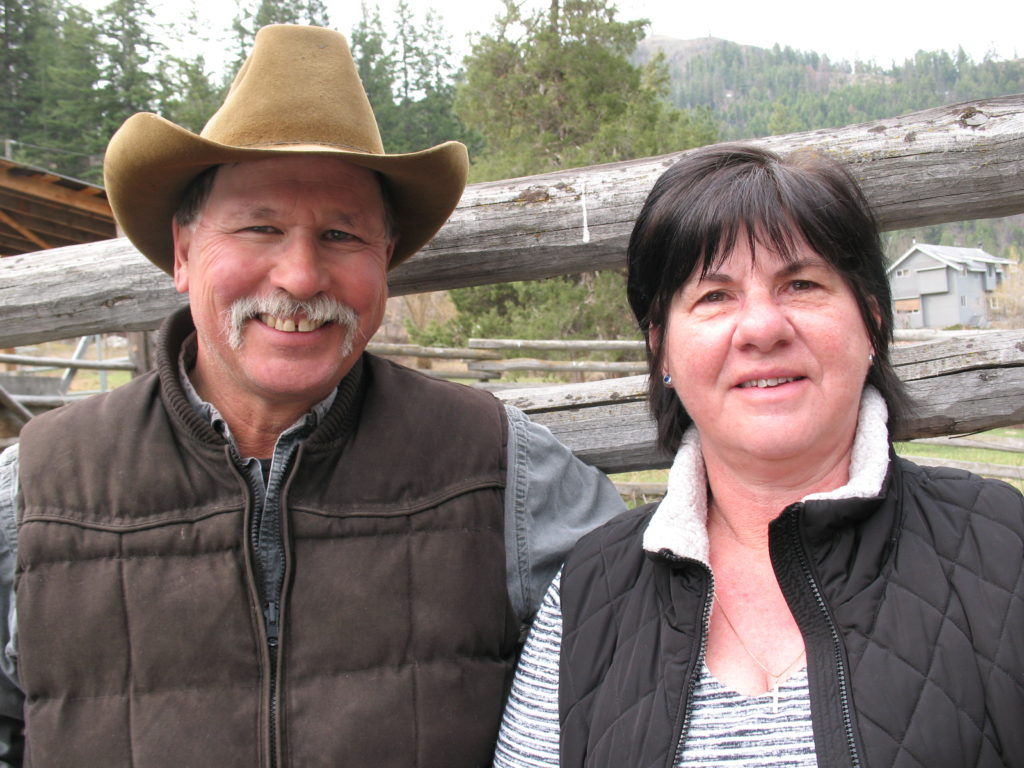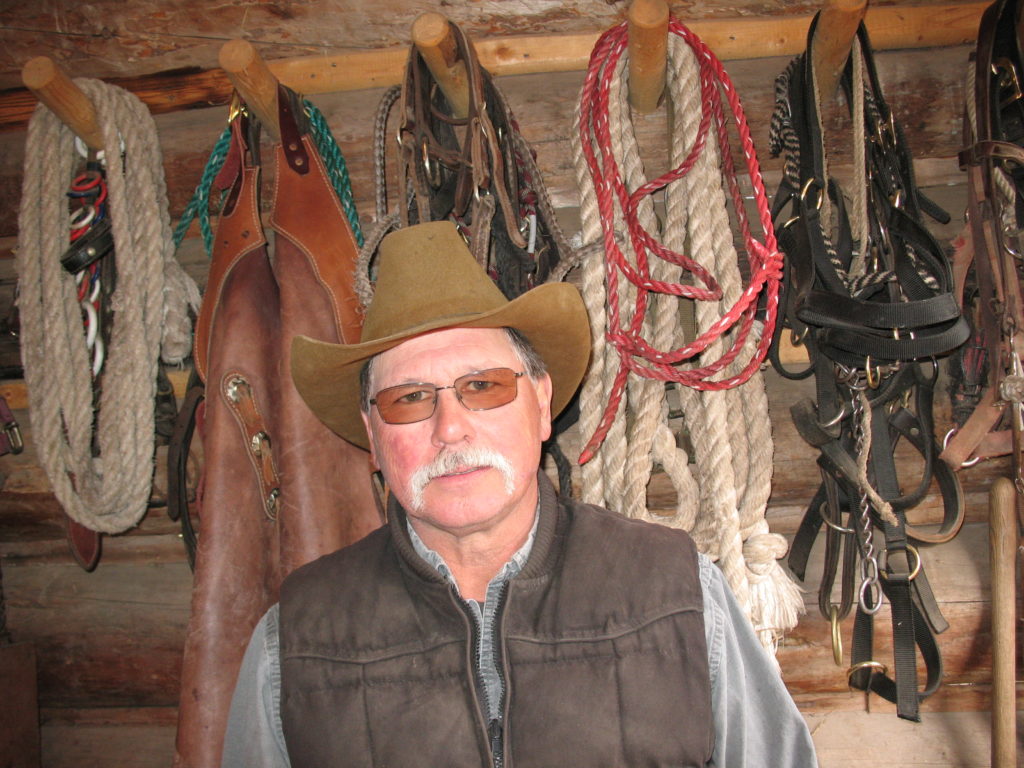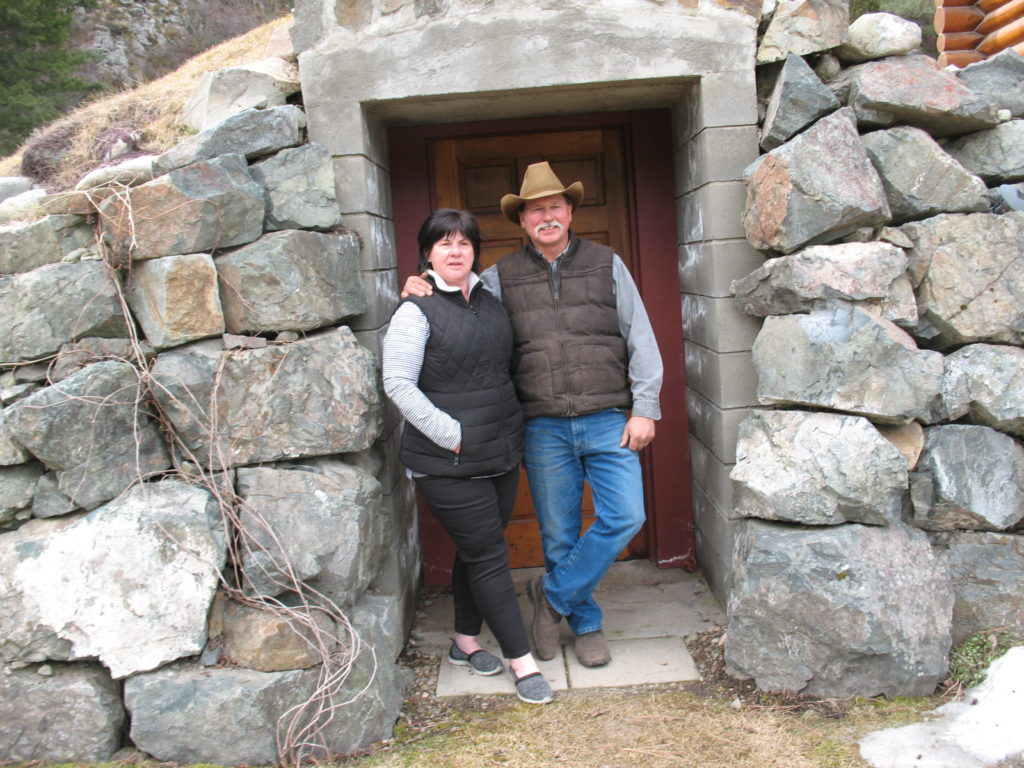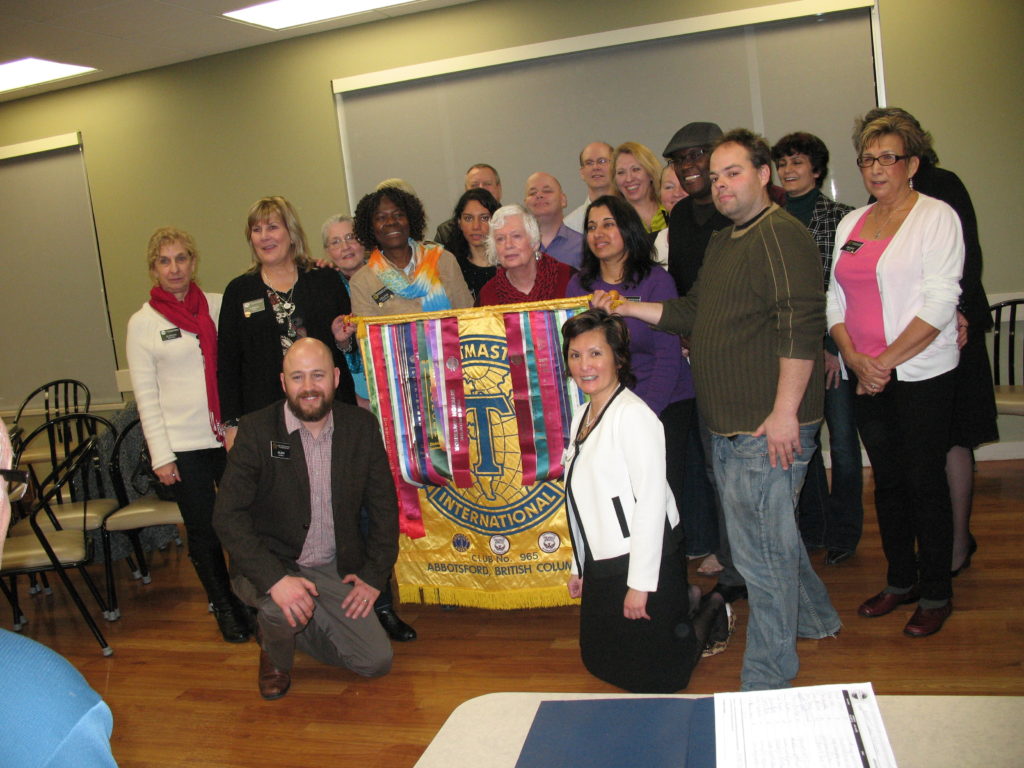
When Don and Thalia Darel bought a half section outside Princeton, it was an inauspicious beginning for their ranching venture. “The place had been neglected for years,” Don said. “There were no buildings, no corrals, and the fences were broken down. Also, the well didn’t work.” Thalia added, “It was Don’s passion, not mine.”
In a two hour phone conversation with Linda and me, I asked the Darels to take us back to the time they met. “Thalia was picking raspberries to earn money,” Don said. “I was there to eat berries. She noticed me and was attracted to me.” Thalia’s recollection was quite different and there was an immediate, friendly clash of opinions. “He was eight at the time and I did notice him, but I thought he was a brat.”
In time this opinion would change, but not without challenges. “I grew up in a super, super conservative family,” Thalia explained. “The church we attended was also conservative. Everyone was Dutch and it was a pretty closed culture. When we were teens, Don began attending the church, riding with us in our car. He was the only outsider and because we were seen together, he got the glare.” Don wasn’t aware of the cultural microscope. “I didn’t notice that,” he said. “I was just there to sit beside Thalia.” I thought I detected a smile in his voice.
Don wasn’t keen about school. At age 16 he was hired by a ranch near Princeton and didn’t complete high school. “I had a motorcycle,” he recalled. “On weekends I’d jump on the bike and ride as fast as possible to see Thalia in Agassiz. I got a lot of speeding tickets and lost my licence for 3 months.”
After getting married in January 1981, they lived for 7 years in a small mobile home on the ranch where he was working. Two of their three children were born in this time, before the home and all their uninsured belongings burned.
To generate the income they’d need to buy a ranch, Don trained to be a tree faller and worked in the woods for 30 years. Thalia cleaned homes. They were careful with money and eight years ago had sufficient funds for a down payment on the half section.

Don had ranching experience but at age 50, some might have thought he was getting into the game a tad late. Fortunately he is endowed with the sturdy physique required for the long strenuous days entailed in cow punching. Equally important, he is resolute and resilient, both qualities essential to survive extreme heat and cold, equipment malfunctions, health issues with cattle, and market fluctuations.
“I logged off 15 loads of dead wood, mostly Ponderosa,” Don said. “I built a machine shed, hay shed, granaries and a pump house. The broken down fences needed to be ripped out and replaced. I had a new well drilled and worked at making the land productive again. We leased 800 acres and arranged a sharing agreement for 5,000 acres of range land.”
Over the years they built up their herd and now have 75 cows, 4 bulls, 20 yearlings and 70 calves. Although Thalia continues to emphasize that the ranch is Don’s passion, she is willing to do whatever he needs. When they assemble a crew for special projects, she does the cooking. She drives a tractor, raking the fields. During branding time she helps separate calves from cows. “I love cows,” she said. “I know each one by its number. If one dies, I cry.”

Thalia is a plucky gal, but doesn’t ride with the cowboys anymore. “Don breaks the horses,” she said. “He likes them to be spirited. I’ve been bucked off a few times. Don is a risk taker. I’m not.”
“We’re a perfect match,” Don said. “We’re opposites.”
They’ve made progress, but challenges continue. “In winter the elk break down fences and eat the grass,” Don said. “On Christmas Day a cow fell through the ice on the pond. Yesterday a big tractor tire blew. That will cost close to $1,000.”
Sometimes Thalia asks, “are you still enjoying ranching?” His reply is always “yes.”
I asked, “What motivates you?”
“I get to spend a lot of time outdoors,” Don said. “Mostly though, I guess it’s just that I love working with cows. And doing it with Thalia is great.”


